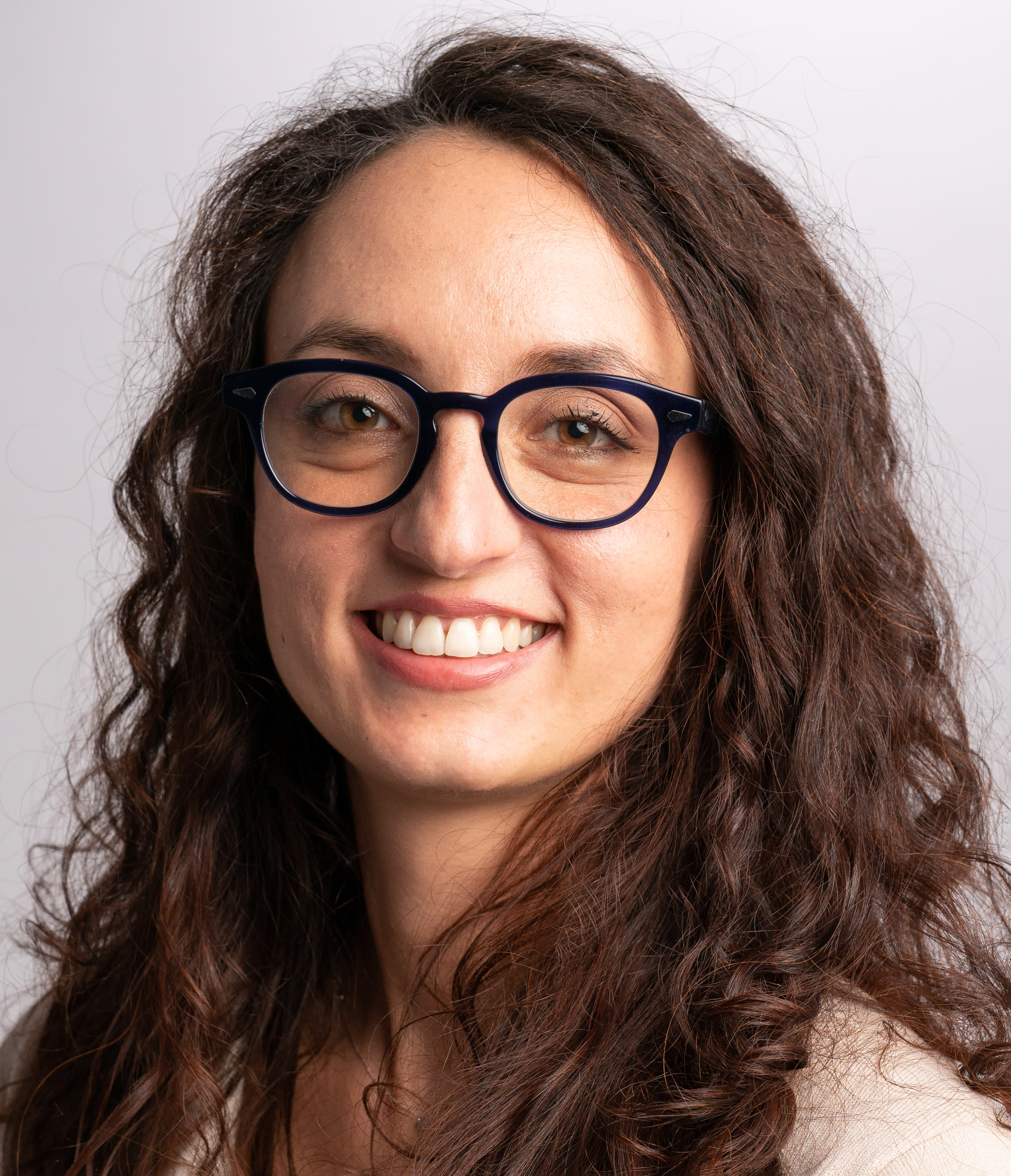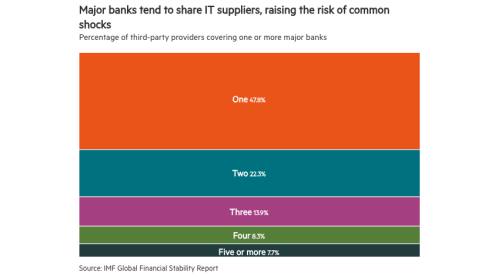The outlook for Palestinian banks risks deteriorating as the Arab-Israeli conflict heats up again.
On October 7, Hamas militants launched an unprecedented assault on Israel from Gaza, to which Israel responded with a counteroffensive.
In a September report, the International Monetary Fund (IMF) described the Palestinian banking sector as stable despite signs of asset quality deterioration.
At end-June 2023, its banks reportedly maintained ample capital (16.4% of risk-weighted assets), with profitability far exceeding pre-Covid-19 pandemic levels.
Liquidity remained adequate at 40.3% of short-term liabilities, even as banks continue to face liquidity management challenges from their excess physical shekel cash holdings. This is due to the limit imposed by the Bank of Israel on the transfer of cash from the West Bank to Israel.
Non-performing loans remained steady at 4.1% of total loans.
IMF forecasts indicated a persistent deceleration of economic growth in 2023, with real gross domestic product growth projected to further decline to 3%. The two measures are projected to then converge at 2% over the medium term. These figures will most likely be revised downwards as the conflict deepens.
At the end of 2022, there were seven local banks and six foreign lenders operating in the territory, according to the Palestine Monetary Authority’s annual report.












